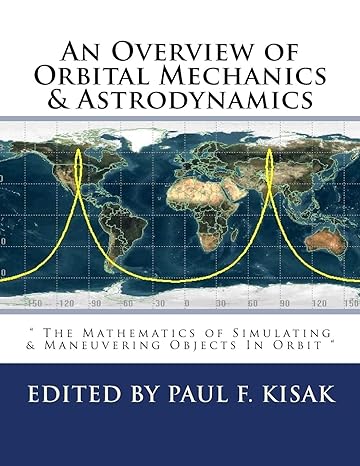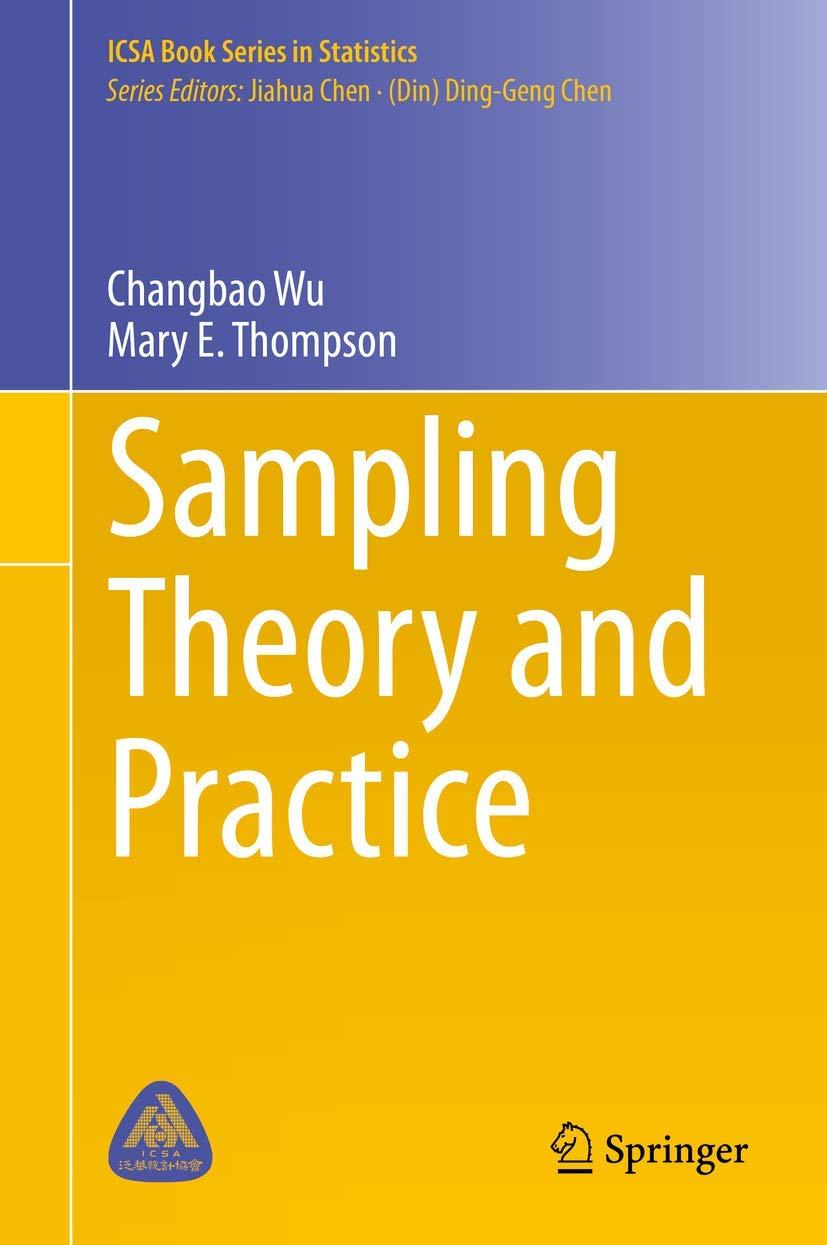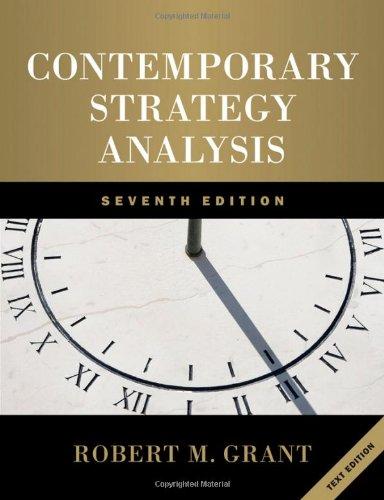Go back


An Overview Of Orbital Mechanics And Astrodynamics The Mathematics Of Simulating And Maneuvering Objects In Orbit(1st Edition)
Authors:
Paul F. Kisak

Cover Type:Hardcover
Condition:Used
In Stock
Shipment time
Expected shipping within 2 DaysPopular items with books
Access to 30 Million+ solutions
Free ✝
Ask 50 Questions from expert
AI-Powered Answers
✝ 7 days-trial
Total Price:
$0
List Price: $19.99
Savings: $19.99(100%)
Solution Manual Includes
Access to 30 Million+ solutions
Ask 50 Questions from expert
AI-Powered Answers
24/7 Tutor Help
Detailed solutions for An Overview Of Orbital Mechanics And Astrodynamics The Mathematics Of Simulating And Maneuvering Objects In Orbit
Price:
$9.99
/month
Book details
ISBN: 1535295724, 978-1535295727
Book publisher: CreateSpace Independent Publishing Platform
Get your hands on the best-selling book An Overview Of Orbital Mechanics And Astrodynamics The Mathematics Of Simulating And Maneuvering Objects In Orbit 1st Edition for free. Feed your curiosity and let your imagination soar with the best stories coming out to you without hefty price tags. Browse SolutionInn to discover a treasure trove of fiction and non-fiction books where every page leads the reader to an undiscovered world. Start your literary adventure right away and also enjoy free shipping of these complimentary books to your door.
Book Summary: In this ‘information age’ satellites are playing an increasingly important role in everything from communication and navigation to the military and weather. The command and control of satellites is based on the work of Johannes Kepler (1571-1630) and the science that evolved from his fundamental theories.The physics involved in the command and control of satellites is usually categorized as orbital mechanics. Orbital mechanics is based on the desire to predict the path of a satellite in it’s orbit around the earth.One of the first requirements is to develop a co-ordinate system that is easy to use and measure and defines the motion of body or satellite in its orbit.After this is accomplished the propagation of the orbital path needs to be calculated. There are numerous ways to do this. A seminal work in this procedure is “Fundamentals of Astrodynamics” by Bate, Mueller & White and “Methods of Orbit Determination” by Escobal.The next problem to address are the numerous perturbation effects. The most prominent of these effects are due to the fact that the earth is not a perfect sphere (it is oblate), the moons orbit produces a periodically disruptive effect on the orbiting body; atmospheric drag, solar radiation pressure and the precession of the earth about its axis also alter the theoretical orbit. Relativistic effects play a role in the station-keeping of the satellite as do all the above perturbations.The next step in the command and control of the satellite involves the dynamics of space flight and the mechanics of maneuvering a body in orbit by means of thrust vectors, calculating delta-v requirements.This book outlines the unclassified methods of calculating and controlling the orbits of satellites.This book is designed to be a reference and provide an overview of the topic and give the reader a structured knowledge to familiarize yourself with the topic at the most affordable price possible.The accuracy and knowledge is of an international viewpoint as the edited articles represent the inputs of many knowledgeable individuals and some of the most current knowledge on the topic, based on the date of publication.
Customers also bought these books
Frequently Bought Together
Top Reviews for Books
SS Dd
( 5 )
"Delivery was considerably fast, and the book I received was in a good condition."










